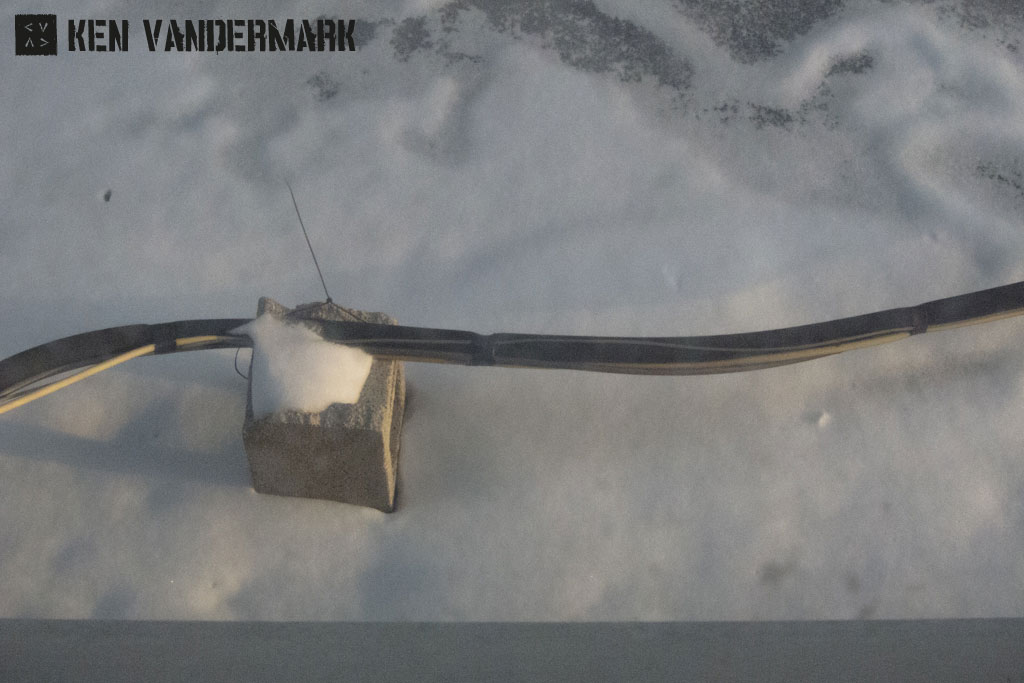

Wynton Marsalis
AAJ: Off the record if you prefer: I think Wynton Marsalis became a victim of that line of thought. Folks attack the guy for the smallest reasons.
KV: Yeah, well I think that part of that may be because there’s been an effort, it would seem to me on the basis of the work at the Lincoln Center and things that Wynton Marsalis is involved in, where he has really made a huge effort to define the characteristics of what makes something a jazz performance, or not. If your goal is to sort of develop categories and definitions in such a limiting kind of way, at least as far as I’ve understood it and have thought about it in comparison I would say that the thing is more open-ended than can be defined in a simple set of definitions. In a way, if you approach the music in that way, it’s not surprising that people will turn around and approach what you’re creating with the same set of standards or principles, you know what I’m saying?
AAJ: That’s a good point. The way I’ve looked at it, Wynton’s opinions, his thoughts, his method of organization does nothing so much as tell people of the self-imposed framework he works within. So I’m not sure what all the heat is about.
KV: Don’t you think, as I’ve seen it, that the work at the Lincoln Center has been very connected into defining what jazz is and isn’t?
AAJ: I’d have to agree since the Lincoln Center is so visible to the public, that it’s hard to get away from.
KV: Yeah because, I mean I know that, at least things that I’ve heard, when people have asked well, why haven’t you had certain people perform, the response is they’re great, they’re fantastic but they’re not jazz musicians. And that, to me, sounds like they have a pretty strong sense of what is and isn’t jazz as an art form. To me that’s like saying, well, a certain kind of painting is painting and a certain kind of painting isn’t painting, and that’s way too limiting. Jazz, and this the way I see it so I have to preface it that way, jazz isn’t a style to me. It’s much broader than that. It’s an art form which means it encompasses many, many different styles, many, many different sets of ideals and it’s a living thing. It’s something that’s going to constantly change beyond the control of any set of individuals, and it has to do that to survive as an artistic act. Otherwise it’s just a repertory, it’s a museum piece. And the music I know and the music I play and the people I know and work with, we’re definitely not interested in belonging to a museum. We’re looking for something else to make.
AAJ: I don’t think you have to worry about that aspect anytime soon.
KV: [chuckles] That’s probably true.
AAJ: Would you rather that I not publish this part in the interview?
KV: No, I mean that’s fine. You know I have respect for all the people that are working in this field and I think it’s worth talking about these things because it needs, you know, it’s a discussion and certainly the way I think about it is different then a lot of people, including people who are working in ways that are seemingly more in connection with the way that I work. It’s worth noting these issues because if we don’t talk about then they just sit there and don’t move.
AAJ: As it is now, folks seem divided into two camps: One in thoughtless support of Wynton, and the other intent on vilifying the man. There’s very little middle ground.
KV: There’s gotta be a way to discuss these things in a way that’s productive. Like anything, money is involved and if money is involved, certain kinds of power and political thinking are involved. I think that it’s hard to separate the choices that some people are making from the issue of if you control a product, if you define something and make it a product, then you’re gonna make some people angry.
© 2024 Ken Vandermark – musician & composer | Disclaimer